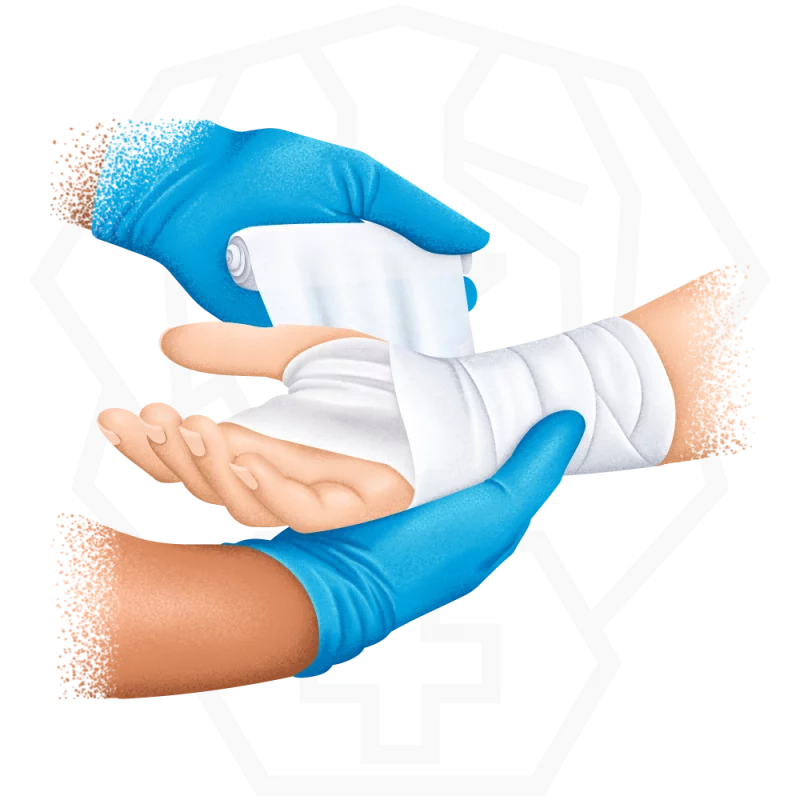October 22, 2024
Family-Type Residences
CPR and First Aid Standards
Family-type residences (FTR) in Quebec play a crucial role in providing a safe and suitable living environment for various users in need of care. Whether for at-risk children, the elderly, or adults requiring special support, RTFs are recognized resources that offer a living environment as close as possible to a family setting. They are governed by the Act on Health and Social Services (LSSSS) and must comply with certain standards, including those related to first aid, to ensure the safety and well-being of users.
WHAT'S A FTR?
A FTR is a care resource in Quebec that offers a stable and safe living environment to users in a primary residence. FTRs can accommodate at-risk children, the elderly, or adults with specific needs based on their health status or social condition. The services provided aim to create a family-like living environment while addressing the specific needs of each user through tailored support.
RTFs are mainly subdivided into two categories:
- Foster Families
They take in at-risk children to provide a supportive living environment, often due to their parents' inability to care for them.
- Care Homes
They accommodate adults or elderly individuals who can no longer live independently in their homes but do not require institutional housing.
FIRST AID STANDARDS FOR FTRS
FTRs must comply with specific first aid requirements to ensure user safety. These obligations may vary slightly depending on the nature and particular situation of each FTR. Here are the main standards in effect:
- First Aid Training
Anyone wishing to accommodate users in an RTF must have up-to-date training in cardiopulmonary resuscitation (CPR) and general first aid, provided by a recognized organization. This training ensures a quick and effective response in emergencies, which is essential for protecting the health and safety of users.
- Constant Presence of a Trained Person
It is mandatory that at least one person present in the living environment has up-to-date training in CPR and general first aid. This guarantees that there will always be someone on-site to respond appropriately in case of need. An exception applies when the person present is only there occasionally and for a short period.
- Specific Exemptions
FTRs with operational limitations, such as proximity foster families or FTRs in Indigenous settings, are not required to meet these training standards, although it is highly recommended. This may apply when significant relationships already exist between the child and the foster family, or when the resource is located in an Indigenous community.
These standards aim to ensure a minimal level of safety and promote a rapid response in emergencies while considering the particularities of each type of FTR.
HOW ACADÉMIE SAINT-BERNARD MEETS FIRST AID REQUIREMENTS
Académie Saint-Bernard offers a training program titled "First Aid – General Public (8h)," designed to meet the requirements of family-type residences. This eight-hour training provides a comprehensive program covering essential first aid and CPR skills, including the following:
- CPR Techniques
Practical training on how to perform CPR on adults, children, and infants, including the use of an automated external defibrillator (AED).
- First Aid for Injuries
Teaching basic techniques to treat cuts, burns, fractures, and other common injuries.
- Emergency Medical Response
How to react in situations like choking, heart attacks, strokes, or severe allergic reactions.
- Accident Prevention
Awareness of measures to take to prevent domestic accidents or injuries.
This training enables participants to acquire the necessary skills and reflexes to respond effectively when needed while meeting regulatory requirements. Académie Saint-Bernard also offers tailored training programs for FTRs, considering the specific characteristics of each resource and the unique needs of their users.
CONCLUSION
Family-type residences play a crucial role in supporting vulnerable individuals in Quebec. The standards for first aid, while rigorous, are essential to ensure a safe living environment that meets the needs of users. Through its training "First Aid – General Public (8h)", Académie Saint-Bernard fulfills first aid requirements and contributes to the safety and well-being of FTR residents. For FTR managers, taking this training represents an opportunity to enhance their first aid skills and ensure an even safer living environment for their users.
Source
Ministère de la Santé et des Services sociaux. 2013. « Guide des responsabilités des agences de la santé et des services sociaux au regard des ressources intermédiaires et des ressources de type familial ». https://publications.msss.gouv.qc.ca/msss/document-000300/?&date=DESC
